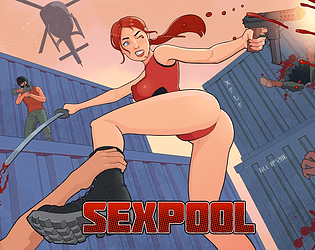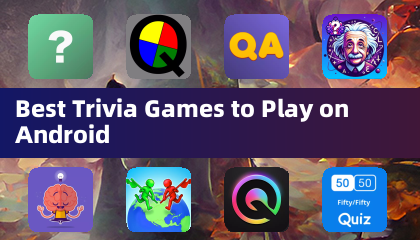Nintendo's stance on emulators and piracy has been consistently aggressive, as evidenced by several high-profile legal actions and statements from company representatives. In March 2024, the developers of the Nintendo Switch emulator Yuzu were ordered to pay $2.4 million in damages following a settlement with Nintendo. This case highlighted the company's readiness to pursue legal action against emulators that it believes facilitate piracy. Similarly, in October 2024, the development of another Switch emulator, Ryujinx, was halted after receiving communication from Nintendo, underscoring the company's vigilance in protecting its intellectual property.
The case of Gary Bowser in 2023 further illustrates Nintendo's firm approach. Bowser, involved with Team Xecuter, which produced devices to bypass the Nintendo Switch's anti-piracy measures, was charged with fraud and ordered to pay $14.5 million to Nintendo, a debt he will be repaying for the rest of his life.
In a broader context, at the Tokyo eSports Festa 2025, Koji Nishiura, a patent attorney and Assistant Manager of Nintendo's Intellectual Property Division, shed light on the company's perspective on emulators and piracy. Nishiura clarified that while emulators themselves are not inherently illegal, their use can become illegal if they involve copying game programs or disabling console security mechanisms. This stance is influenced by Japan's Unfair Competition Prevention Act (UCPA), which, although only enforceable in Japan, shapes Nintendo's legal strategy.
Nintendo's legal battles have also targeted specific devices and tools that enable piracy. The Nintendo DS "R4" card, which allowed users to run pirated games, was effectively outlawed in Japan in 2009 after Nintendo and 50 other software manufacturers successfully argued that it violated the UCPA. Additionally, tools like the 3DS's "Freeshop" and the Switch's "Tinfoil" app installer, which facilitate the download of pirated software, are also considered to infringe on copyright laws.
The Yuzu lawsuit specifically mentioned that The Legend of Zelda: Tears of the Kingdom was pirated one million times, with Yuzu's Patreon page allegedly earning its developers $30,000 per month by providing subscribers with unauthorized access to games. This case exemplifies how Nintendo views emulators as a direct threat to its revenue and intellectual property.
Nintendo's ongoing legal efforts and public statements reflect a clear and unwavering commitment to combating piracy and unauthorized emulation, emphasizing the potential legal consequences for those who engage in or facilitate such activities.















